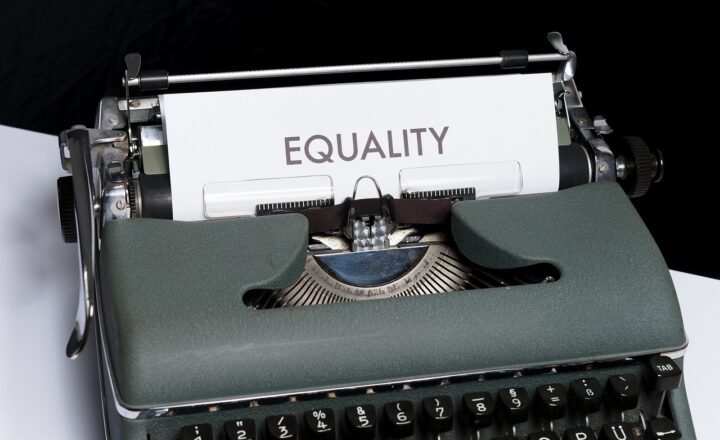
History is filled with pivotal moments that have shaped the political landscape we know today. From revolutions to diplomatic treaties, these events have had lasting impacts on governments, political ideologies, and the balance of power across the globe. Here are 10 historical events that changed the course of modern politics.
1. The Signing of the Magna Carta (1215)
The Magna Carta, signed by King John of England, is often considered one of the most significant legal documents in history. It laid the foundation for modern democracy by limiting the power of the monarchy and establishing the principle that no one, not even the king, is above the law. This event influenced many future political systems, including the formation of constitutional governments.
2. The American Revolution (1775-1783)
The American Revolution was not just a fight for independence from British rule; it was a movement that challenged the idea of monarchy and promoted the principles of self-governance and democracy. The founding of the United States and the creation of the U.S. Constitution had profound effects on modern political thought and inspired many other independence movements around the world.
3. The French Revolution (1789-1799)
The French Revolution dramatically changed the political landscape of Europe. It overthrew the monarchy, ended feudalism, and led to the rise of republicanism. The revolution also gave birth to modern political ideologies like liberalism, socialism, and conservatism, shaping the future political landscape across Europe and beyond.
4. The Congress of Vienna (1814-1815)
After the defeat of Napoleon, the Congress of Vienna was convened to restore order in Europe. The Congress aimed to create a balance of power that would prevent future large-scale wars in Europe. This event significantly influenced international diplomacy and political boundaries, and it laid the groundwork for modern international relations and political alliances.
5. The Formation of the United Nations (1945)
Following the devastation of World War II, the United Nations was formed to promote peace, security, and cooperation among nations. The UN has since played a central role in international diplomacy, conflict resolution, and the development of international law. It has had a lasting impact on modern politics, especially in areas like human rights and global governance.
6. The Cold War (1947-1991)
The Cold War between the United States and the Soviet Union was a defining period in modern political history. It shaped global alliances, political ideologies, and military strategies. The rivalry between capitalism and communism influenced domestic and foreign policies around the world, and its end in 1991 marked the collapse of the Soviet Union and the emergence of the United States as the world’s sole superpower.
7. The Civil Rights Movement in the United States (1950s-1960s)
The Civil Rights Movement in the United States not only transformed American society but also had a profound impact on global human rights. The fight for racial equality and the end of segregation influenced other civil rights movements around the world. It also led to landmark legislation such as the Civil Rights Act of 1964 and the Voting Rights Act of 1965, which reshaped the American political landscape.
8. The Fall of the Berlin Wall (1989)
The fall of the Berlin Wall marked the symbolic end of the Cold War and the division between East and West. It led to the reunification of Germany and the collapse of communist regimes across Eastern Europe. This event had a significant impact on global politics, signaling the end of Soviet influence in the region and the expansion of democratic governance in Eastern Europe.
9. The Arab Spring (2010-2012)
The Arab Spring was a series of pro-democracy uprisings that swept across the Middle East and North Africa. These movements challenged authoritarian regimes and led to significant political changes in countries like Tunisia, Egypt, and Libya. Although the outcomes have varied, the Arab Spring has had a lasting effect on the region’s political landscape and continues to influence political discourse today.
10. The Brexit Referendum (2016)
The United Kingdom’s decision to leave the European Union through the Brexit referendum has had profound implications for both the UK and the EU. Brexit has reshaped political and economic relations in Europe, challenging the future of the European Union and raising questions about nationalism, sovereignty, and globalization in modern politics.
Conclusion
These ten historical events have left an indelible mark on modern politics. They have reshaped governments, influenced political ideologies, and shifted the balance of power on both a national and international scale. Understanding these events is essential for grasping the complexities of today’s political world.







